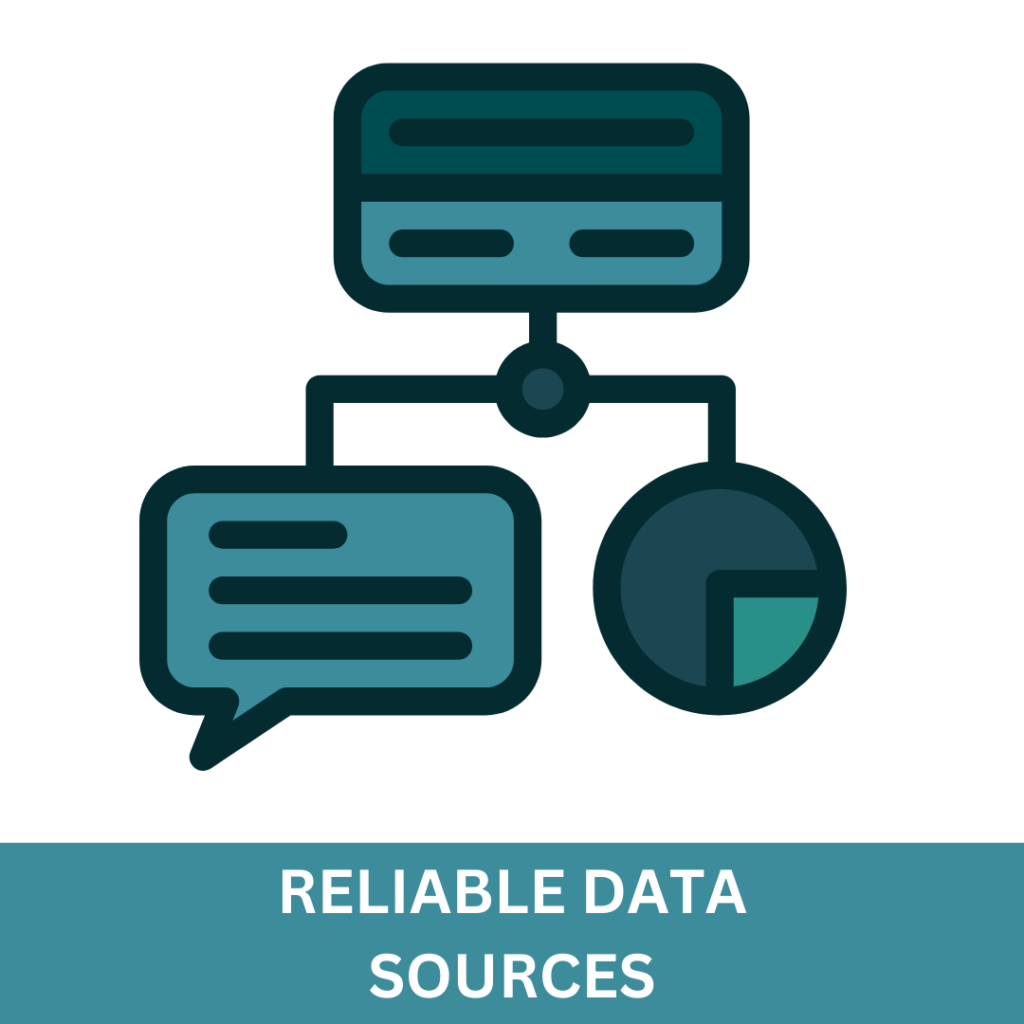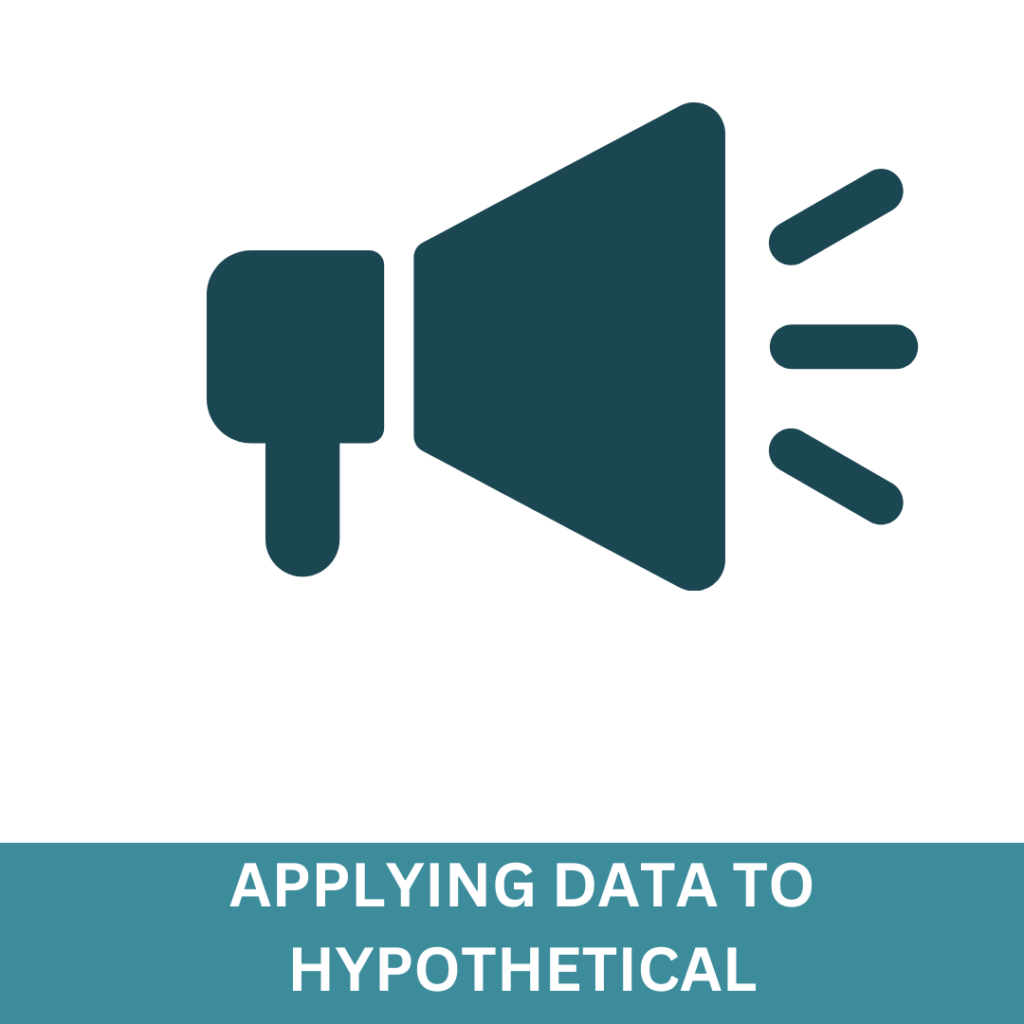Research and data are powerful tools for children and parent’s attorneys. Data can make or break an argument. Good data provides indisputable evidence, while anecdotal evidence, assumptions, or abstract observation might lead to wasted resources when based upon incorrect conclusions.
For many, accessing and utilizing data can be a daunting prospect, particularly data on race, culture, and bias. Below we would like to share our suggestions for how to identify when data could be useful, where to find reliable data and how to incorporate those concepts into arguments and motions.
- Looking at the facts of your case, identify what data, if available, could really prove your point or disprove your opponent’s contention.
- Seek and gather data from reliable sources.
- Determine what data to present in arguments, written material, or testimony from experts and determine the best ways to display that information.
- Utilize the data.


